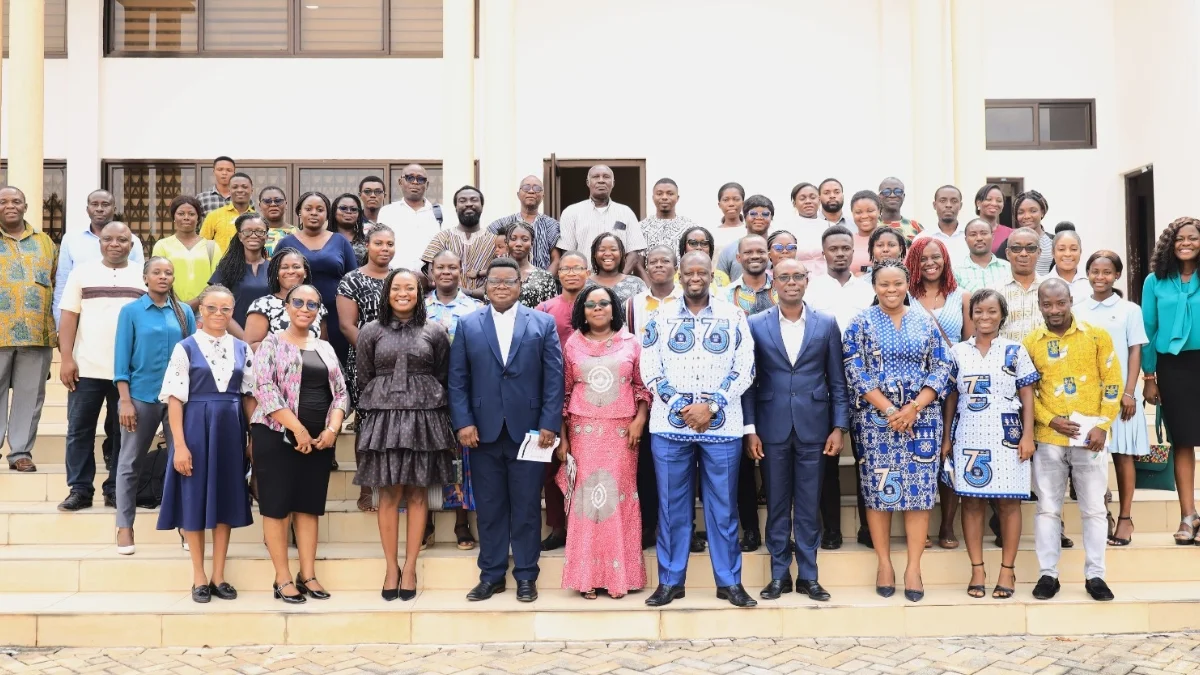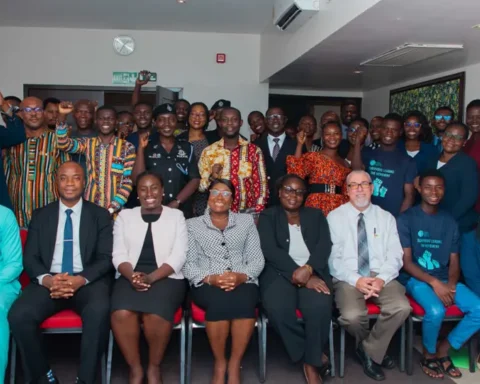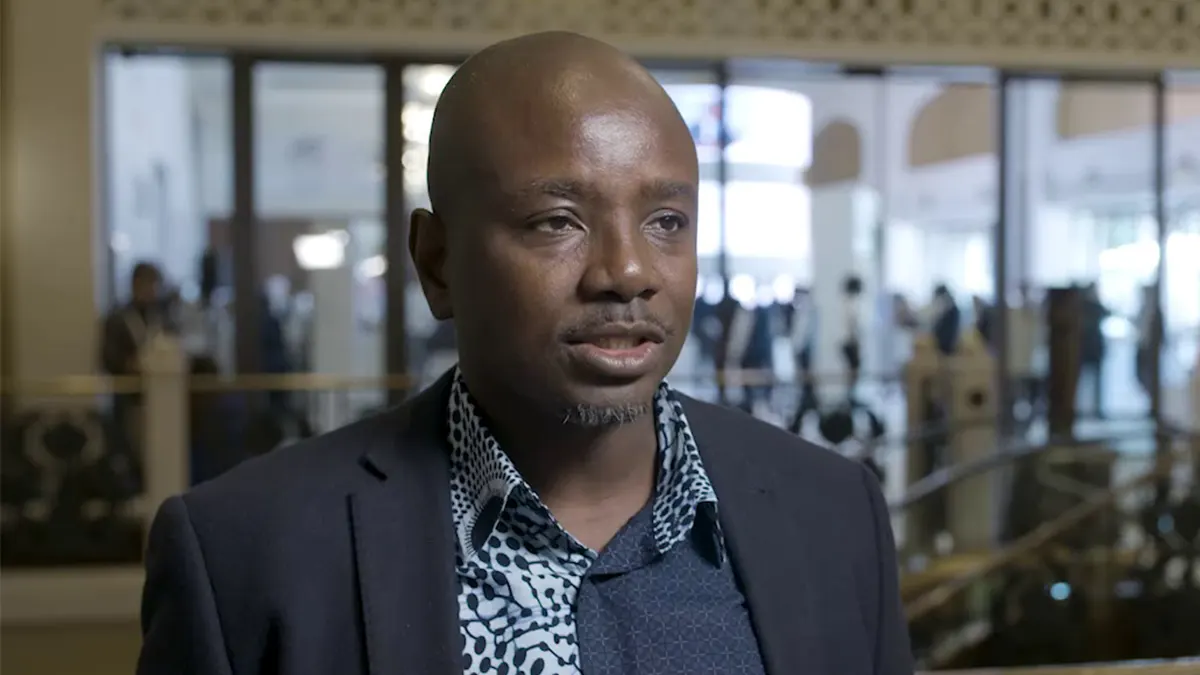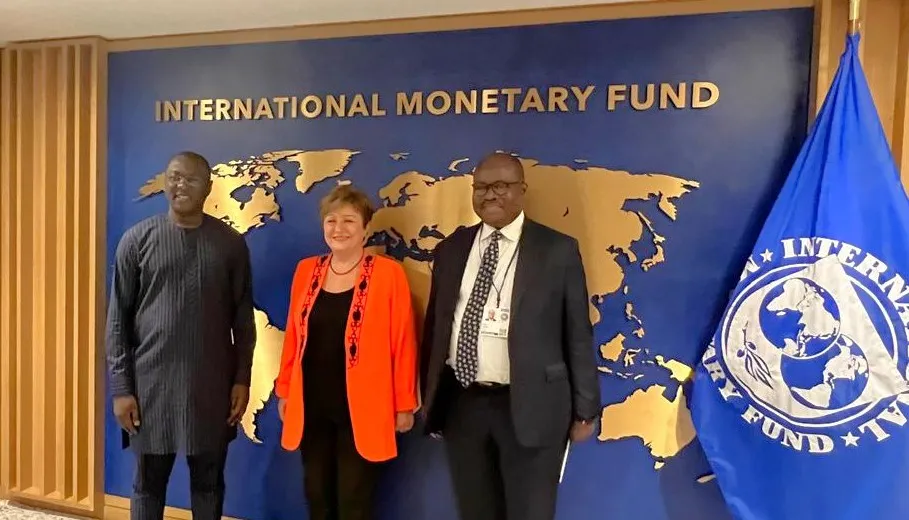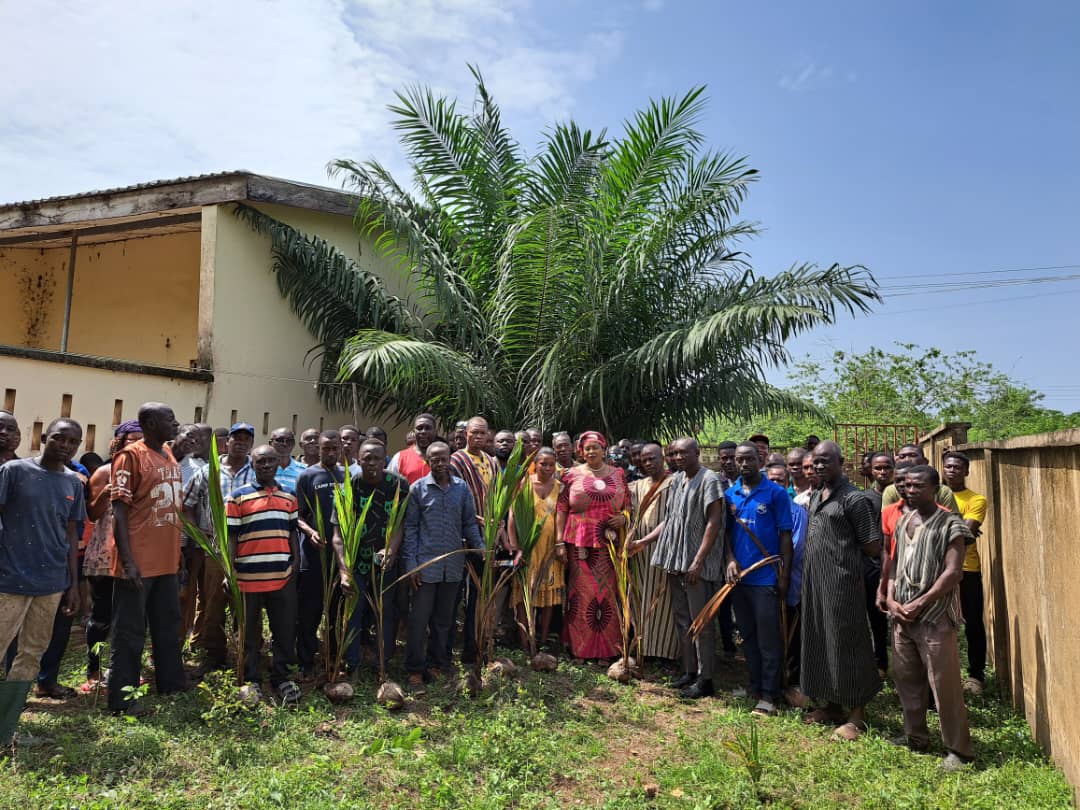A recent study conducted by the Institute of Statistical Social and Economic Research (ISSER) has found that cooking with electricity, specifically Electric Pressure Cookers (EPC), is more cost-effective than using Liquefied Petroleum Gas (LPG) and charcoal.
The research, commissioned as part of the second phase of the Modern Energy Cooking Services Project (2022-2023), aimed to demonstrate the efficiency, financial benefits, and environmental advantages associated with modern energy cooking services, with a focus on e-cooking.
Using four different cooking technologies – EPC, rice cooker, charcoal-improved cooking stove, and single-burner LPG stove – researchers conducted cooking sessions where four distinct meals were prepared in households.
The meals included Jollof Rice and fried chicken, banku and okro soup, ampesi with palava sauce, and beans and fried plantain.
Data generated from the cooking sessions indicated that, despite longer cooking times for some meals, the cost of energy was lower for EPC compared to LPG and charcoal.
For example, cooking Jollof Rice showed that the cost of energy (in Cedis) for LPG was 1.03, charcoal was 0.79, EPC was 0.34, and rice cooker was 0.41.
Mr Innocent Agbelie, a Co-researcher, debunked the perception that cooking with electricity was more expensive, citing power outages as the primary challenge encountered during the research.
He recommended continuous promotion of e-cooking technologies and the localization of e-cook technologies to meet household demands.
Professor Nana Charlotte Wrigley-Asante, Head of Geography Department at the University of Ghana, emphasized the environmental and health benefits of adopting modern cooking technologies, particularly in rural communities.
Mr Alex Donyinah, Energy Consultant at the World Bank, announced a forthcoming major investment for the clean cooking sector and the Bank's support for the development of a clean cooking strategy for Ghana by the Ministry of Energy.

